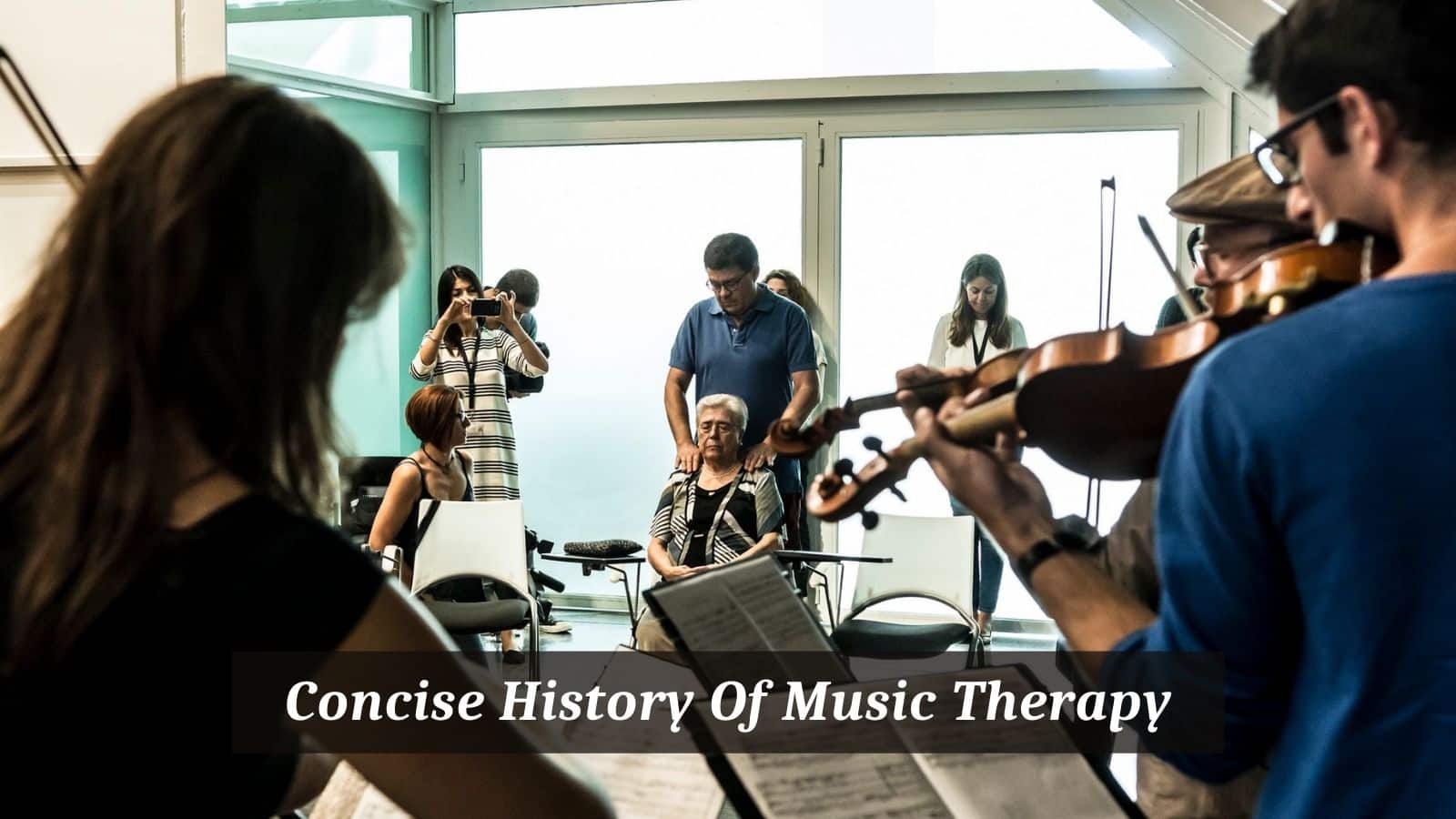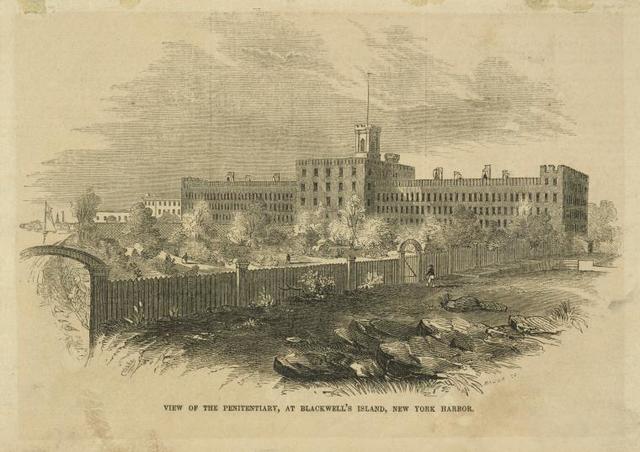
Before exploring the history of music therapy, pause for a moment to consider the definition of the therapy given by the British Association for Music Therapy. I hope this provides a little context and a doorway into understanding the amazing therapy.
History Of Music Therapy
Music Therapy is an established psychological clinical intervention, delivered by HCPC-registered music therapists to help people whose lives have been affected by injury, illness or disability by supporting their psychological, emotional, cognitive, physical, communicative and social needs. (www.bamt.org)
How often it is that from terrible tragedy comes a balancing alternative. Music Therapy draws from a variety of sources stretching back to the Ancient Greeks, Native American culture and philosophy.
It has come into more current thinking and practice following the trauma of both the First and Second World Wars.
Troops who experienced the horrors of war and survived were often suffering from multiple physical and phycological problems. The wounded, bound to hospitals in the hope of recovery were visited by community musicians who freely performed to these men.
Over time it became apparent that the music brought a greater sense of happiness and even pain relief that endured in the men. From here music therapy gained a firm foothold as a recognised and validated agency of vital help and support.
Stepping further back in history, it is interesting to note that music as a healing device is mentioned in the Bible. David played the harp to King Saul to out an evil spirit.
In Ancient Greece, philosopher Plate knew only too well about the effect music could have on people’s emotions. Aristotle went further claiming that music can affect the human soul.
In the early 13th century there are accounts of music rooms in Arab hospitals where patients could hope to improve their conditions.
Early written references to music therapy date back to the 19th century. Two students of eminent psychiatrist Dr Benjamin Rush wrote in 1804 and 1806 respectively about the therapeutic good music can bring to patients.
These gentlemen were Edwin Atlee and Samuel Mathews, who echoed the beliefs of their tutor and was certain that music could be used to treat medical diseases.
Backwell’s Island, now known as Roosevelt Island, is believed to be the first institution on record to have used a form of music therapy.
During the 1900s the island became synonymous with welfare in line with the asylums, prisons and houses for the poor that was established there. The inmates in the asylums were often abused, but amongst the squalid conditions, there were medical advances.
Systematic experiments using music occurred. These were documented and supported James Leonard Corning’s work using music to alter dream states during psychotherapy.
Even if Corning’s methods would not be acceptable now; the results he achieved were groundbreaking. The patients who suffered from sleep disorders and emotional or behavioural conditions were positively affected.
By the dawn of the 20th Century associations devoted to music therapy were emerging. 1903 saw the foundation of the National Society of Musical Therapists led by Eva Augusta Vescelius.
1926, under the auspices of Isa Maud Ilsen, founded the National Association for Music in Hospitals. Later in 1941, Harriet Ayer Seymour founded the National Foundation of Music Therapy.
These were all crucial steps in the advancement and promotion of the concepts and ideology that is music therapy. Through articles, journals and educational courses, music therapy became accepted and established.
Many other pioneers in America grew the reputation of music therapy. Amongst them were Ira Altshuler, Willem van de Wall and a man named Everett Thayer Gaston (1901-1970), who through his work at Kansas University became known as the father of music therapy.
Gaston greatly assisted in the developmental practices of music therapy. Three overarching principles supported Gaston’s values1.
- The establishment and re-establishment of interpersonal relationships.
- The bringing about of self-esteem through self-actualization.
- The utilization of the unique potential of rhythm to energise and bring order.
It’s relatively easy to understand through these straightforward but vital principles how music therapy functions. It also underlines the opportunities for improvement with a raft of different conditions.
By 1985 the World Federation of Music Therapy had been founded followed five years later by the European Music Therapy Confederation.
Graduate and post-graduate study in Music Therapy became available with the clinical phase of the study involving many hundreds of hours of practice and training.
The world was awakened to the incredible difference music therapy can make in people’s lives and the interest among younger generations ever growing.
With the firm establishment of music therapy as a ratified form of therapy, the range of treatments and methodology evolved.
In many music therapy sessions you may find the tools used are songwriting, improvisation, lyric interpretation as well as actively listening to or singing familiar music. Dependent upon the patient’s needs the therapist will tailor-make the activities to best improve the condition.
Two major areas of therapy include people with autism and with dementia. It is well-documented that children who exhibit autistic characteristics can be drawn to music.
This focus and attention even in the youngest children can lead to improvements in the child’s communication. This in turn can assist with the child’s social skills and reduce frustration.
Equally, patients who suffer from dementia can come alive through music therapy, gaining a sense of well-being and even improvements in memory. Anxiousness can be reduced in these patients even in the more advanced stages of this awful disease.
Music is interwoven into every culture across the world. It threads through our lives now as it has for millennia. The range of benefits music offers us all is extensive and through the development of music therapy practices specific health issues can be more effectively addressed. Music therapy is a well-respected and hugely valuable discipline that has brought untold advances in our treatment of people’s suffering.


